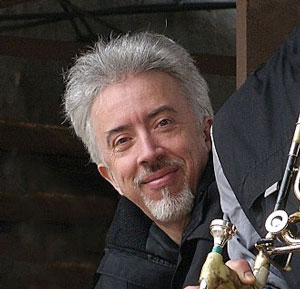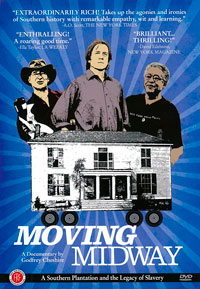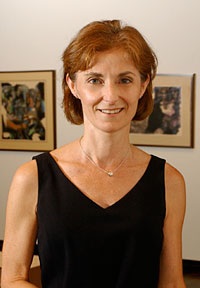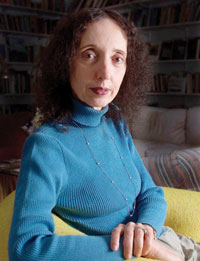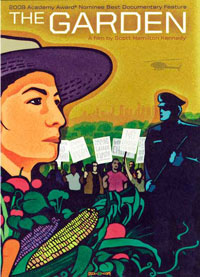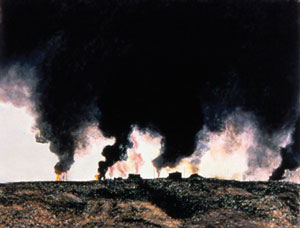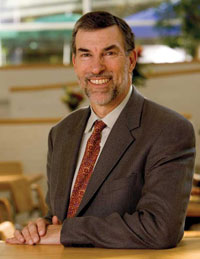“From Pleasure to Distress: How to Listen to Contemporary Music”
Townsend Resident Fellow Michel Pascal is a composer and a professor of electroacoustic composition at the Conservatoire de Nice, France. Pascal was hosted by CNM AT while at Berkeley.
"A Moving Image: Media and Metaphor in Stage"
An informal talk and screening looking at the role of metaphor through Ellen Bromberg’s work as a choreographer and subsequently as a media designer for stage and installation performances. Ideas of space, immersion and interactivity are addressed in the lecture, as Bromberg discusses the Center for Interdisciplinary Arts and Technology and the Multi-Media performance Lab at the University of Utah.
When first-time filmmaker Godfrey Cheshire’s family decided to uproot their pre-civil war plantation home from its original location, more than just the old foundation was dug up. The mansion’s relocation is an opportunity to document a feat of technical ingenuity, to explore the legacy of the South as portrayed by Hollywood, and to revisit a troubled period in our nation’s history.
Janis Tomlinson, Art Historian
Best known for her work on eighteenth- and nineteenth-century painting in Spain, Janis Tomlinson is Director of University Museums at the University of Delaware.
Join the Townsend Humanities Lab for a live celebration as its burgeoning digital community passes the 1,000-member mark. Champagne and music for all; demonstrations for the uninitiated. Catch one of the roving disposable cameras and help us commemorate the event.
Panel Discussants: Joyce Carol Oates, Dori Hale (English), Vikram Chandra (English), and Wendy Lesser (Editor, The Threepenny Review). Moderated by Anthony J. Cascardi (Townsend Center Director)
Joyce Carol Oates, Author
Author Joyce Carol Oates is a recipient of the National Book Award and the PEN/Malamud Award for Excellence in Short Fiction. She has written some of the most enduring fiction of our time, including the national bestsellers We Were the Mulvaneys and Blonde (a finalist for the National Book Award and the Pulitzer Prize), and the New York Times bestsellers The Falls and The Gravedigger's Daughter. Oates is the Roger S. Berlind Distinguished Professor of the Humanities at Princeton University and has been a member of the American Academy of Arts and Letters since 1978.
From the ashes of the L.A. riots in 1992 rose a community garden on a fourteen-acre plot of land in the neighborhood of South Central. After thriving for nearly a decade, the garden was jeopardized when the owner made plans to develop warehouse storage on the site. The Garden follows the group “South Central Farmers” as they work through the red tape and empty political promises of Los Angeles City Hall in an attempt to save the center of their community.
Why War?: "When Was War?"
Gopal Balakrishnan is Associate Professor of the History of Consciousness at the University of California Santa Cruz. He was a Jean Monnet Fellow at the European University Institute (2000) and a Harper Schmidt Assistant Professor at the University of Chicago (2001-2005).
Geoffrey Harpham, Director, National Humanities Center
Geoffrey Harpham, President and Director of the National Humanities Center, is a historian of and an advocate for the humanities. His scholarship also focuses on the role of ethics in literary study, the work of Joseph Conrad, and the place of language in intellectual history.
